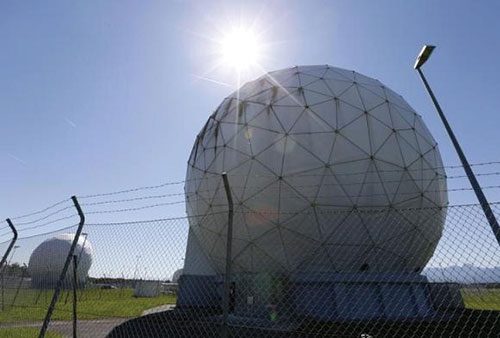
WASHINGTON – The U.S. government need not turn over a secret surveillance court’s orders or the names of phone companies helping it collect call records, because it might reveal methods needed to protect national security, a federal judge decided this week.
U.S. District Judge Yvonne Gonzalez Rogers in Oakland, California, rejected the Electronic Frontier Foundation’s argument that the U.S. Department of Justice should turn over the materials, in the wake of unauthorized disclosures last year by a former National Security Agency contractor, Edward Snowden.
The EFF noted that the government had already declassified hundreds of pages of other documents discussing data collection under the U.S.A. PATRIOT Act, including some that the data privacy advocacy group had requested. These declassifications came after Snowden’s leaks had been revealed.
Rogers, though, said disclosing orders of the Foreign Intelligence Surveillance Court, which handles federal requests for surveillance warrants, could “provide a roadmap” for targets of national security investigations to evade surveillance.
She also said the government’s disclosure of “general” information about the call record collection program did not mitigate the “inherent risks to national security and government investigations” of revealing the phone companies’ identities.
The EFF had also argued that statements by people affiliated with the government, including a former member of a technology review panel who said “telephone companies like Sprint, Verizon, and AT&T” were required to turn over records to the NSA, justified the disclosures.
Rogers ruled in the EFF’s favor on one issue, ordering the government to turn over a Jan. 4, 2010 memo discussing the interaction between the PATRIOT Act and the disclosure of information collected when compiling the census.






Leave a Reply